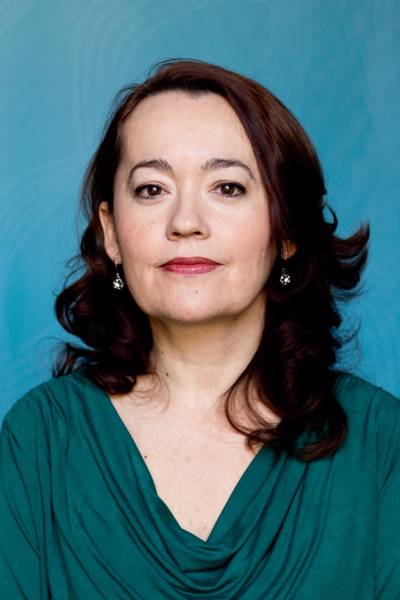Since the establishment of the Republic in 1923, Turkey has sought its place in the West based on the premise of Turkey’s Western identity. In doing so, the secular elite have consciously repressed the country’s Muslim identity while simultaneously promoting Turkey as a bridge between East and West. After 9/11, however, Turkey’s Muslim identity has become increasingly ‘marketable’, particularly under the stewardship of the Welfare and Development Party (AKP), a conservative democratic party with Islamist roots. This paper examines Turkey’s value for the West as a Muslim, democratic model. Applying the theories of critical geopolitics, the author questions the adaptability of Turkey’s identity to the post 9/11 world and the response of the Turkish Armed Forces—guardians of Atatürk’s secular legacy.
Tank, Pinar (2006) Dressing for the Occassion: Reconstructing Turkey's Identity, Southeast European and Black Sea Studies 6 (4): 463–478.






